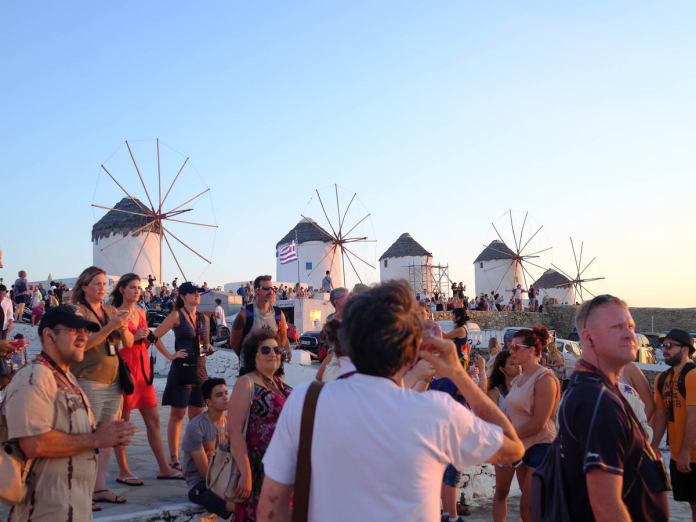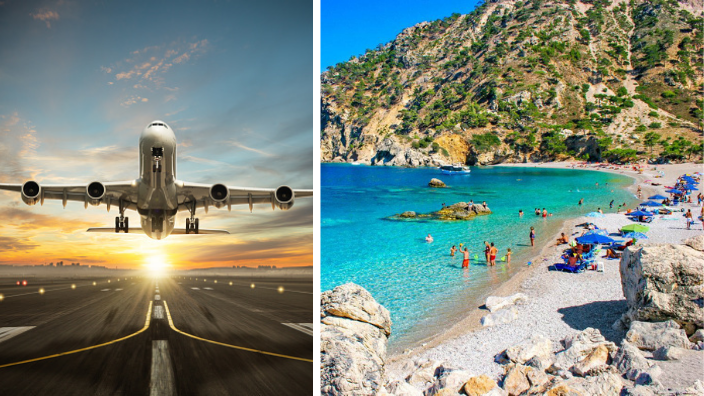More borders are closing to Australian travellers as the Omicron variant causes one of the biggest surges of COVID-19 cases in the world.
The United States and Europe have this week both downgraded Australia’s travel safety rating, making it significantly harder for Australians to visit.
In an official directive, the European Council listed Australia, Canada and Argentina as “COVID-19 danger zones” due to surging Omicron case numbers, and they were removed from the EU’s travel white list.
The directive, which applies regardless of vaccination status, means people wanting to undertake non-essential travel to Europe from Australia could face restrictions ranging from a total ban on entry to having to quarantine or face extra testing requirements.

Cyprus, Greece and Italy dissented from the European Council’s decision to ban Australian travellers.
This comes as the United States Centres for Disease Control and Prevention (CDC) has also issued a warning to avoid travel to Australia, listing the country as “Level 4: Very High Level of COVID-19.
The CDC places a destination at level four when more than 500 cases per 100,000 residents are registered in the past 28 days.
The Chief Executive and Founder of Flight Centre, Graham Turner, told The Sydney Morning Herald that although he was taken aback by these developments, he was confident the restrictions would be lifted quickly as case numbers stabilise in Australia.

“Things will open up fairly quickly… I will be surprised if most countries have many restrictions after [the next few weeks or months],” Mr Turner said.
These restrictions come just as it has now become easier for Australians to get home.
International arrivals no longer need a PCR test to enter Australia, instead a rapid test within 24 hours of departure will be accepted.
If travellers contract COVID-19 overseas, they only have to wait seven days instead of 14 before flying home.
Source: The Sydney Morning Herald.

